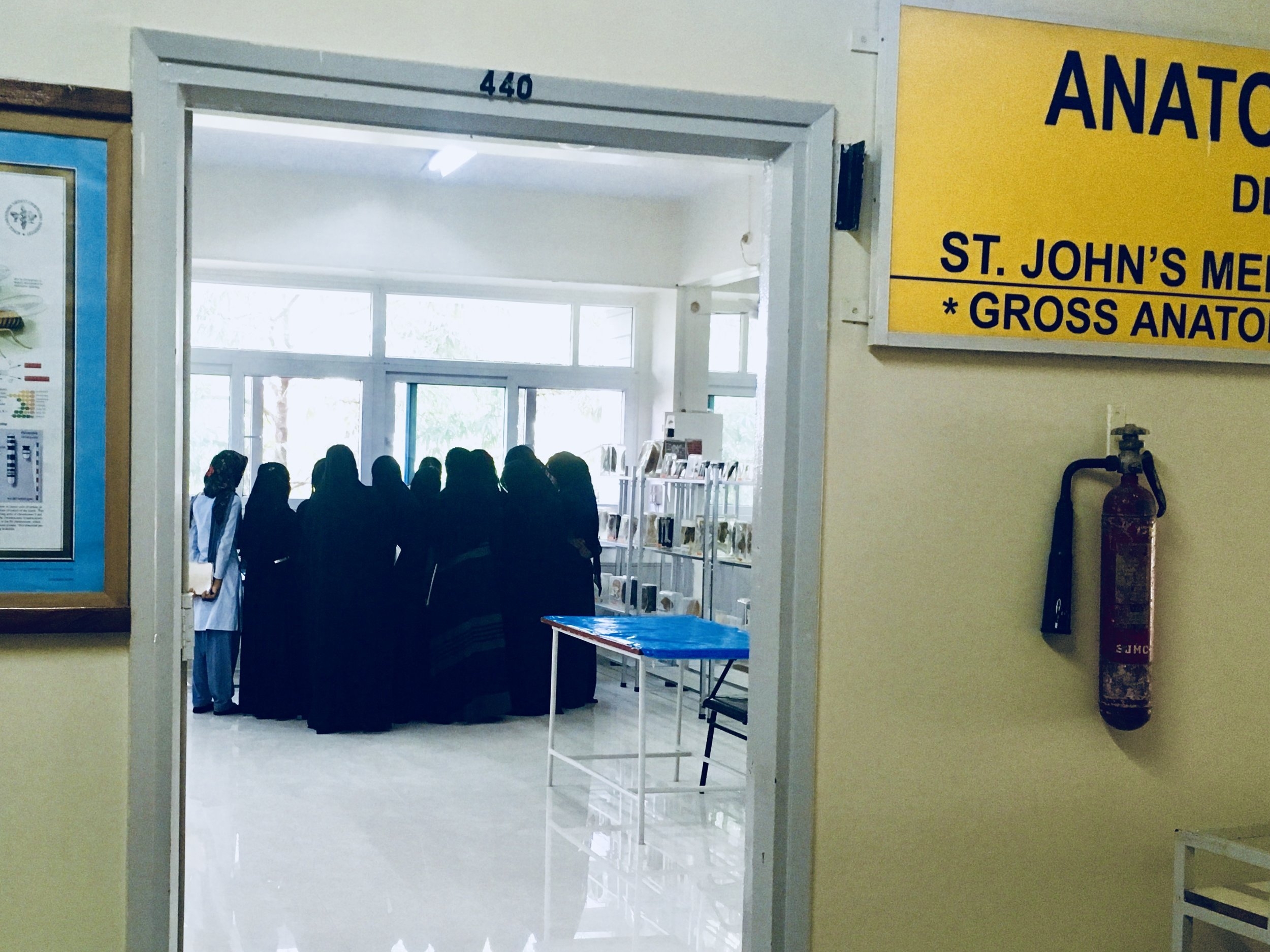"But you already think what they can do at best is maybe make papad."
Episode 7
A recent preoccupation within the development sector is falling female workforce participation in India. More pronounced in rural India than in urban India, it is nevertheless a concern given that our country has made significant strides in education and economic growth as a whole.
The story of women and work in India is complex. It's connected to all of the big things: structural issues, patriarchy, and cultural values. In development, we're constantly trying to find ways to bring women into the economic sphere, as it is the most effective way to help empower. Yet, our approaches are often reined in by what we can design with limited evidence, by what we can measure, and by what we can sustain.
In Episode 7, we speak to an anthropologist, a lawyer, a development and human rights activist and campaigner, an economist and an archivist, and finally we meet an inspiring, independent, working woman and her son. We speak to all of them to understand what happens to aspirations, how women navigate life and opportunity, and how very few get to choose. And so this episode is about what we’re missing in our attempts to make all women triumph.
Femina covers from years ago.
Our last new friend in this episode is Dr CS Lakshmi from SPARROW, a wonderful archive of women's histories. She tells us about a woman who walked from Burma to Bombay who asked for her oral history to be recorded. While many feminists asked CS Lakshmi what was so exceptional about that story, about the act of walking, she told us her reply was that walking may not be feminist, but wanting to record her story is is feminist.
Here's a transcription of the full clip:
"I'll first tell you how archiving like I do, is not seen as part of development, because development is about quantification and not qualitative work. In 1988 when I wanted to set up this organisation along with two other friends who were academics, the problem basically was, "Why should we be doing this? We should be going into the field and working and doing rural development." That kind of a thing. And the rural development and empowerment of women was basically understood in quantifiable terms. But I wanted to do archiving because I feel that archiving is very much a part of development. If we don't archive, an entire history may be forgotten. An entire history of how women have lived, how women have worked, will all disappear.
Like for example, once a Maharashtrian family here, approached us and they said "We have an old grandmother in the house. And in the Second World War she walked from Burma and crossed the border and came to India. And she would like to record it. Will you come?". So of course we went and we recorded. She was an old lady, she spoke in Marathi about how she came and then a lot of my feminist friends asked me "So what is so feminist about walking from Burma and crossing the border and coming to India?" I said that "Crossing the border and walking all the way from Burma and coming to India may not be feminist, but wanting to record it is feminist." (emphasis ours)."
Correction from the hosts: A BIG THANK YOU TO SONALI KHAN! So sorry for the omission in the credits.
You can read Girija Borker's paper 'Safety First: Perceived Risk of Sexual Harassment and Educational Choices of Women' here.
Credits
Thanks to Farzana Afridi, Shalini Grover, Sonali Khan, Karuna Nundy, Jalaja Raman, Srini Swaminathan, Dr CS Lakshmi and Santhos Nataraja.
Photos: All photos by Samyuktha Varma.
Sounds: Apple Music/Acoustic Noodling 7 and Apple Music/Acoustic Picking 4.
Theme Music by Hollis Coats. Recorded at Third Eye Recording Studio, Bangalore.
In the Field is supported by Rohini Nilekani Philanthropies.


